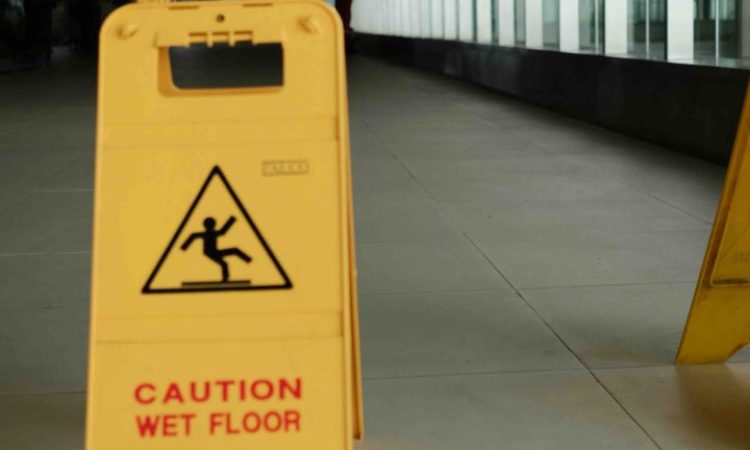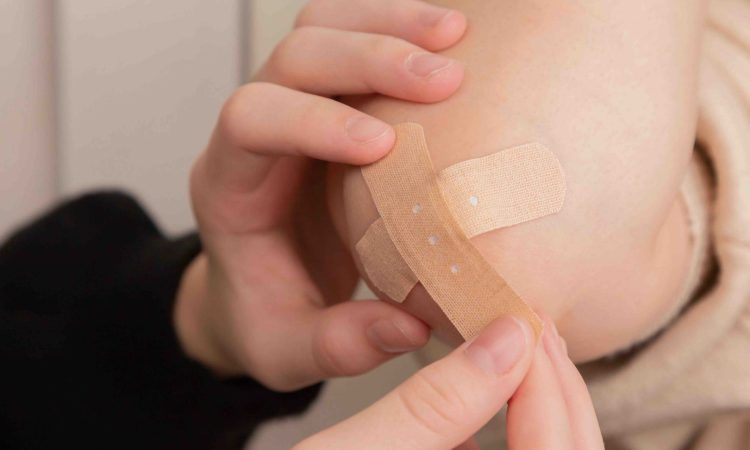
What happens if my personal injury claim has to go to court?
Solicitors aim to secure the best settlement figure for their clients. We always try to negoitate out of court to keep your legal costs down, but sometimes the claim may need to go to court. Your solicitor will advise you if they need to issue court proceedings in order to allow them to progress your case. Most cases are settled without the need for court proceedings however there are scenarios where court proceedings are necessary to move forward with the claim. This could be because the case has reached an impasse where neither party can agree on liability, or if both parties cannot agree on a settlement figure, or alternatively proceedings may need “to be issued protectively”.
In one of my previous articles, I discuss the time limits for making a Personal Injury claim. You usually have 3 years from the date of the accident to make a claim, and court proceedings must be issued before the 3-year time period has ended. That is what is meant by “to issue protectively”.
What happens when Court Proceedings are issued on a Personal Injury Claim?
When issuing court proceedings, your Solicitor will usually serve the following documents with the court and the Defendant:
- N1 Claim form (which details both parties, what the claim is about, and the value of the claim)
- Particulars of Claim (Detailing why you hold the Defendant at fault and enclosing medical evidence)
- Schedule of Loss (Detailing financial losses as a result of the incident)
Your Solicitor will gather the above information and send this to the court to issue the claim form. The court will then send back a notice of issue.
When the court receives the details of your claim, it will decide how your claim will proceed, looking at factors such as complexity and financial value. The court will set a timetable and dates for when it needs information from us and will also organise a trial date.
How long does the Defendant have to respond once proceedings are issued?
Once court proceedings have been served on the Defendant, they have a period of 14 days to file an Acknowledgement of Service with the Court which confirms they are in receipt of papers. The Defendant then has a total of 28 days to file their defence. In the majority of cases the Defendant will ask for a short extension to file their defence and it is reasonable to allow up to an additional 28 days.
After the defence is received the Court will send a ‘notice of proposed allocation’ to allocate the claim to the Fast Track or Multi Track.
What is the difference between a Fast track and Multi Track claim?
- Fast Track claims handle cases that are valued under £25,000, this is the claim process that mose cases fall into.
- Multi Track claims handle larger value cases above £25,000, this is usually when it’s been a life changing event or serious injury.
Directions Quesionnaire
The parties are then required to complete a document called a directions questionnaire attaching proposed directions as to how to move the case forward.
The parties should try and agree the timetable. As part of the proposed directions, it will be necessary to put in place provisions for exchange of disclosure documents, which is named Standard Disclosure, and exchange of witness evidence. Generally, there will be a date by which the parties should exchange their disclosure lists, and a date which the parties can request site of any disclosure documents by.
After disclosure lists have been exchanged, there will be a provision in the directions to exchange witness statements. It will be necessary to draft a very clear witness statement from the parties. The case is then reviewed at this stage, and the risk of going to trial is reviewed. Throughout the directions your Solicitor may consider entered any settlement negotiations and making offers to attempt to settle the claim.
If court proceedings have been issued, can I still settle my claim out of court?
At any stage, once court proceedings are issued, the claim can still settle before the trial. If an agreement cannot be reached, then the case will continue to move forward in preparation for trial. The number of cases that actually go to trial is actually very small because most cases settle before the trial date.
What if a settlement agreement cannot be reached before trial?
If an agreement cannot be reached the case will continue to trial. After exchanging witness statements, it may be necessary for your Solicitor to file a Pre-Trial Checklist with the Court and the Claimant Solicitor will need to draft a Trial Bundle index detailing the documents that will be included in the trial bundle, which needs to be agreed with the Defendant Solicitors.
Once the bundle is agreed, they will be filed with the court, Defendant, and barrister. During the trial you will be represented by a barrister, and you will be required to attend court and provide evidence of the circumstances and your injuries. In the courtroom, the solicitor or barrister representing you will present the claim to the judge on your behalf. You may have to be questioned by your legal representative, as well as the other party’s legal representative. Once all the evidence has been presented to the judge, he will make a judgement.
This is a very basic overview of the court process. For more complex cases there may be a provision for joint expert evidence in the directions, and multi-track claims (for claims over £25,000) will generally take longer than fast track claims. Directions from the court to move the case forward vary from case to case but the skeleton for the court process is as set out above.
How we can help you with your personal injury claim
At Hopkins Solicitors we give friendly professional advice without confusing you with legal jargon. Using a local Solicitors when bringing a Personal Injury claim can prove to be more efficient as you are able to have a face-to-face chat with your Solicitor and discuss any questions you have about the court process.
If you have suffered an injury because of the negligence of a Third Party then please do not hesitate to contact us for a free initial consultation (by phone, video or in-person). Our main number is 01623 468468 or complete the enquiry form below and a member of our Personal Injury Team will be in touch within 24 hours.
Request a CallbackRelated Articles
-

When Real Life Goes Wrong at Work
Staying Safe and Getting Justice Accidents at work remain a pressing legal and social issue in the UK. Despite decades…
-

Accidents at Work Your Right to Claim Compensation
Accidents at work happen far more often than many people realise. Every year, thousands of employees across the UK are…
-

Why 2026 Is a Pivotal Year for Personal Injury Claims
Personal injury law in the UK has changed significantly over the last few years. From government reforms to changing patterns…